
 MCI (P) No. 065/09/2022
Newsletter of the SSO Community Engagement Department
MCI (P) No. 065/09/2022
Newsletter of the SSO Community Engagement Department


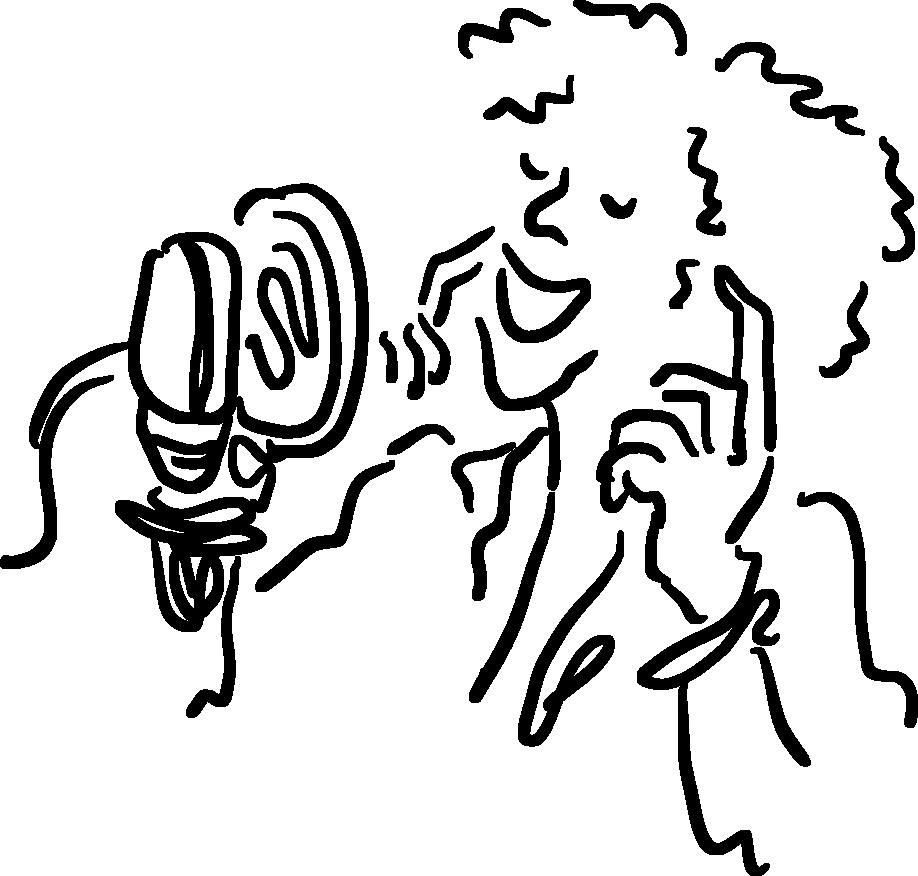




 MCI (P) No. 065/09/2022
Newsletter of the SSO Community Engagement Department
MCI (P) No. 065/09/2022
Newsletter of the SSO Community Engagement Department





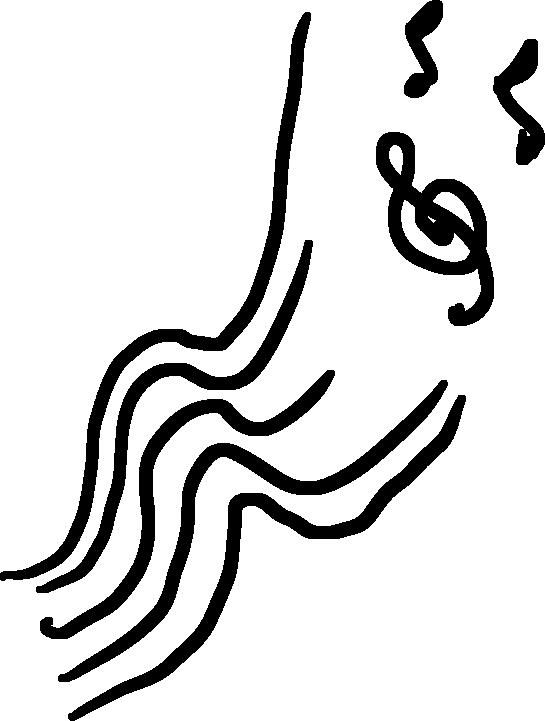
NAME: Ting Si Hao
BORN: 1990
HOMETOWN: Spottiswoode, Singapore
PROFESSION: Music Composer and Producer
An award-winning composer who is also a skilled music arranger and sound engineer, Ting Si Hao has written music for films such as AJOOMMA (recently nominated for a Golden Horse Award) and video games such as Honor of Kings. Read on to find out more about him and his work!
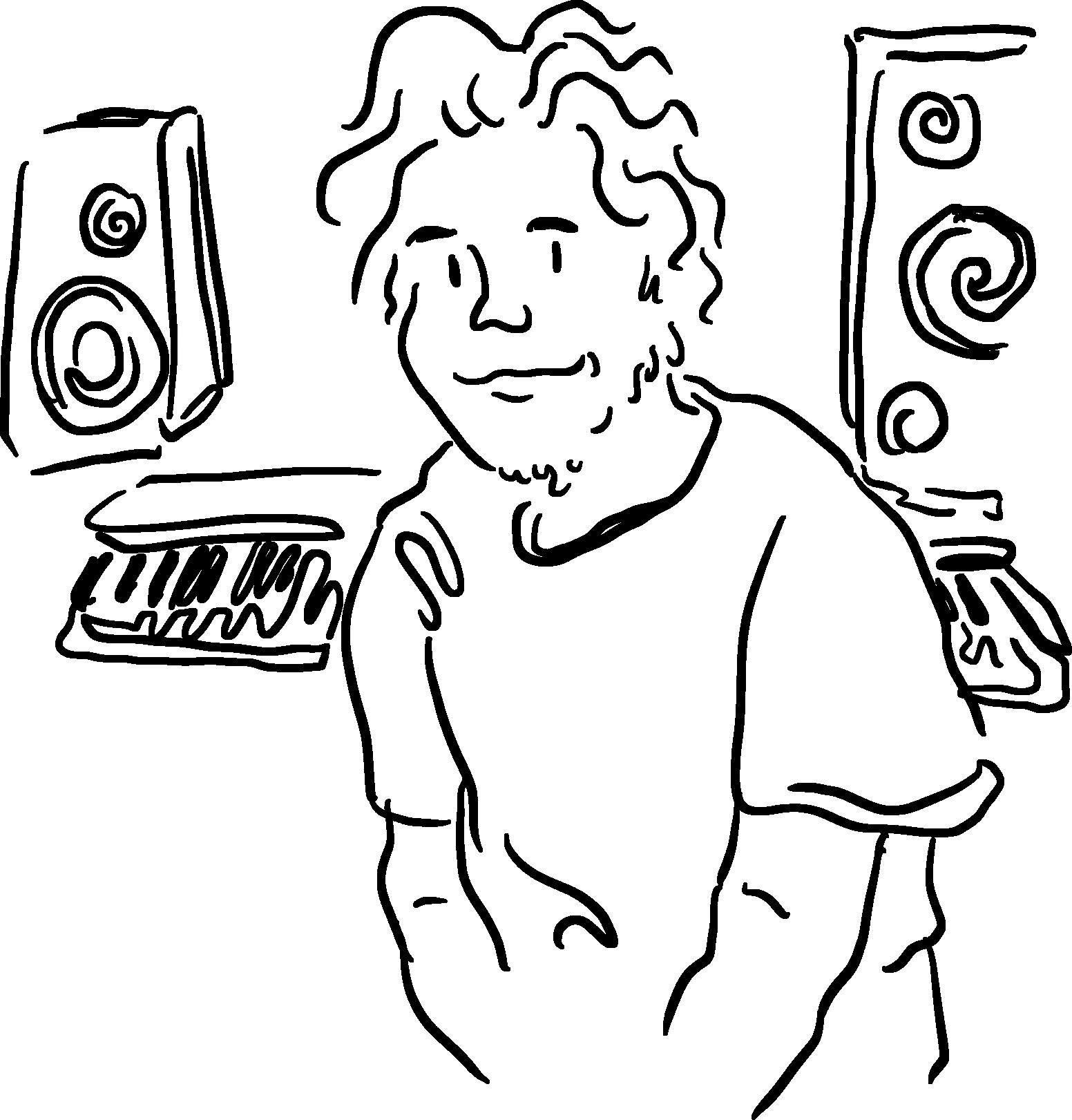

Even though Si Hao had learnt the piano at age 7, he became interested in writing music at 13 when he heard orchestral versions of video game music live in the concert hall.
He then went on to produce his first video game music-inspired album titled Promise at age 16 under the moniker “Tera”, which earned him opportunities to create music for a few Singaporean indie games.



Si Hao draws inspiration from many composers, from game music composer Nobuo Uematsu (of the Final Fantasy game series) to film composer Alexandre Desplat (Harry Potter and the Deathly Hallows), as well as a wide range of other genres such as jazz and pop music. His ideal is to become a really versatile composer!
You can listen to Promise on Spotify here:
Having written music for many film and game projects, Si Hao counts Zombiepura (a local film zombie-comedy by Jacen Tan) among his favourite projects, as he found it fun to write bombastic high-action hybrid orchestral and electronic music for it.
Si Hao recently concluded his stint as Music Director for this year’s Chingay Parade, which involved more than 10,000 participants including 3000 youths!
“Cast your net wide and collaborate with as many creative people as you can. Building a career in writing music for media takes time, so be patient, persevere and always strive to improve your craft by keeping an open mind, studying music scores and practising often.”

Favourite Food: Nasi Lemak
Favourite Drink: Kopi O Kosong

A little-known fact: I prefer mornings to nights!
If I didn’t become a composer...: I would be a film-maker!
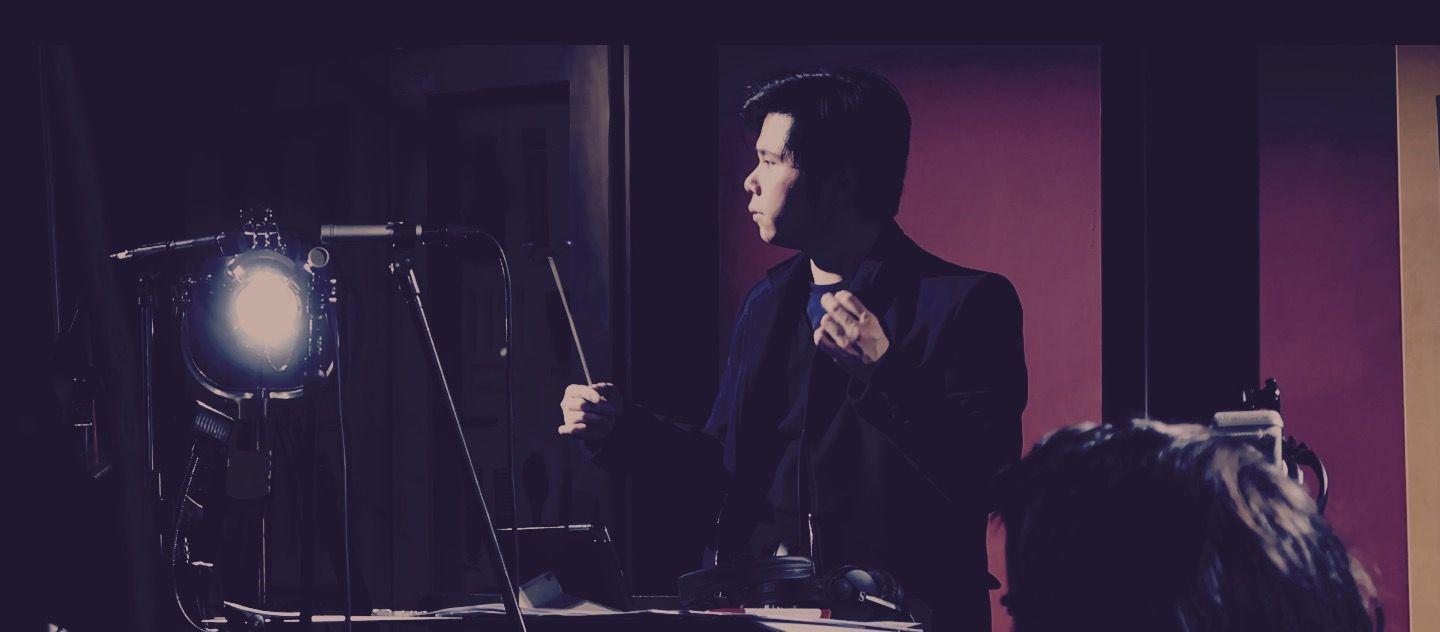
From the rousing sound of reeds and drums during Medieval-era festivals to the spellbinding soundscapes of modern-day video games, humanity has always found ways to incorporate music into daily life to liven up what would otherwise be a dull and dreary life.
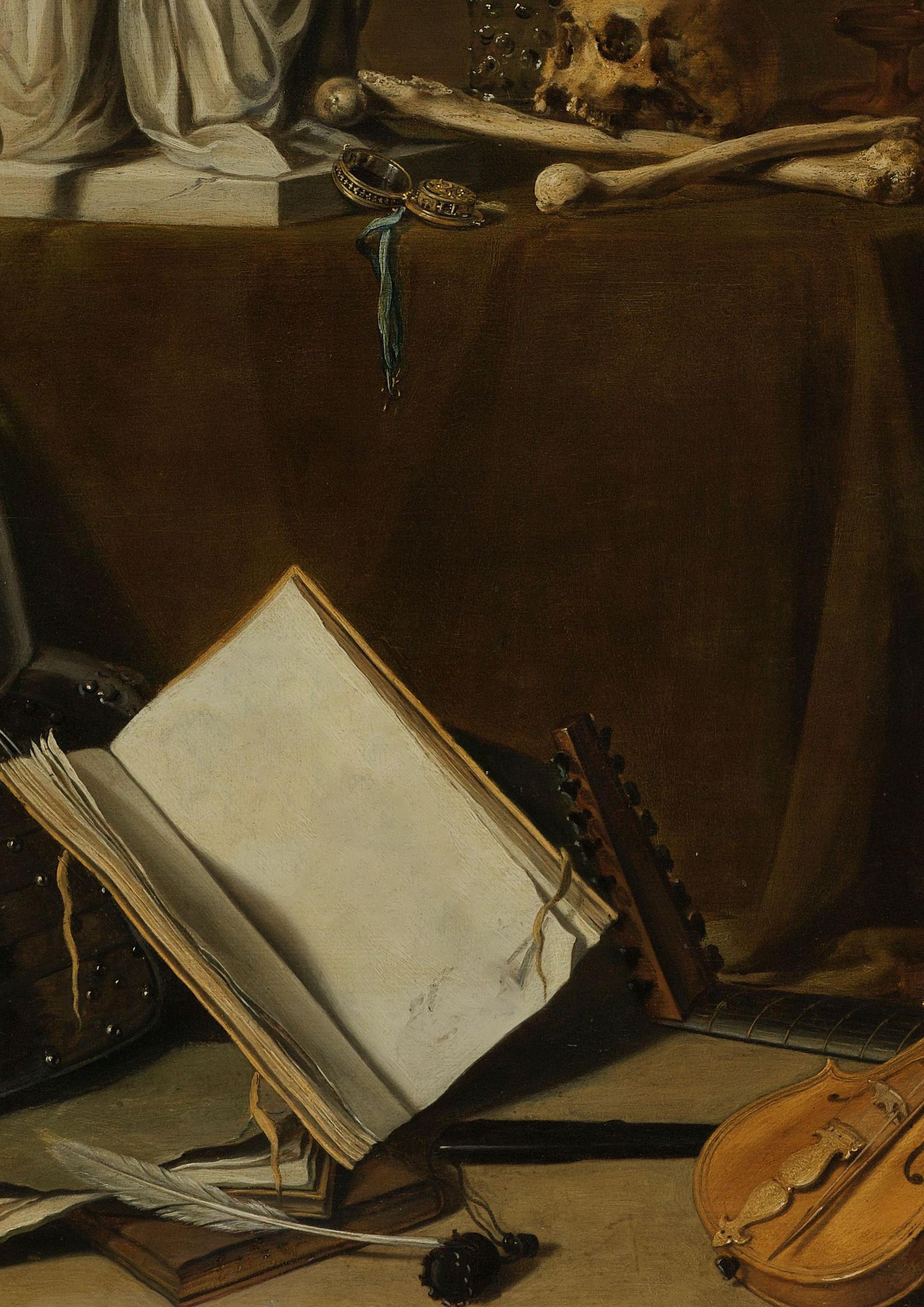
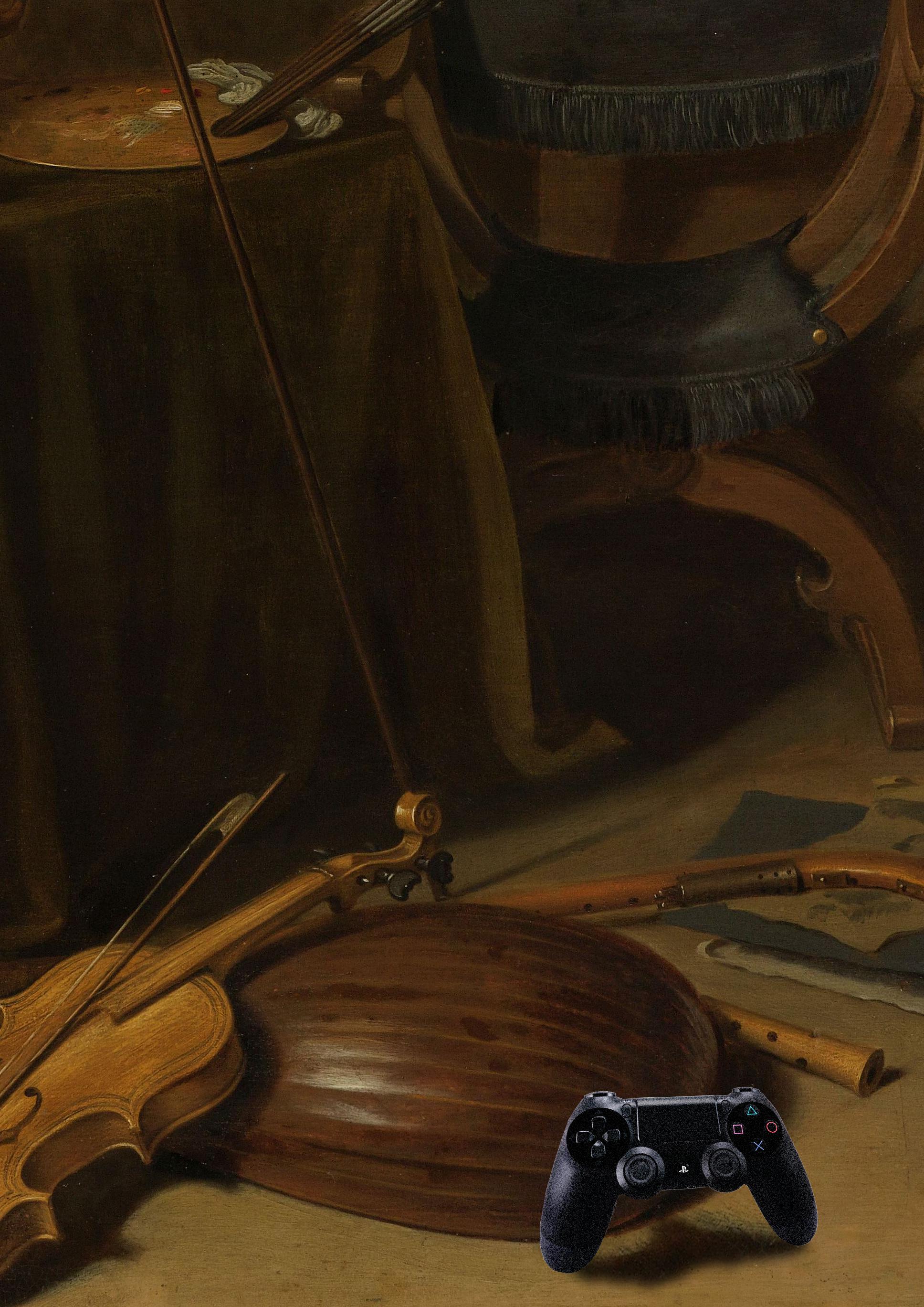




Imagine a time when there were no cars, loudspeakers and radios – if you wanted to experience music, you had to make it yourself or with your friends. Simple yet loud instruments, such as the Pipe, Shawm and Tabor were played on the streets to liven up the atmosphere of festivals and fairs during the Medieval era.
A number of medieval instruments were designed such that a single performer could play two instruments at the same time, such as the double recorder, the pipe and tabor. Watch these instruments and more in action:

In the late 1700s, English cavalry officer Philip Astley set up a theatre featuring exciting performances on horseback. This became known as the circus, which gained popularity in the United States soon after. Circuses began to include acts by acrobats, jugglers and even wild animals, much to the delight of audiences.


In the late 1800s, circuses began playing marching music as part of the show. However, instead of being played at a regular 120 beats per minute (BPM), these marches were performed at much faster tempos, in order to stir up a frenzied atmosphere as the wild animals galloped around the ring!
These fast marches became known as by Julius Fučik remains one of the most


Needing no musical knowledge to play, barrel organs are portable, mechanical pipe organs that can be operated by a single person (known as an organ grinder). They turn a crankhandle by hand, which then activates its barrel mechanism and pumps wind through its pipes. Each barrel contains eight to ten tunes.
These organs were commonly heard on the streets of Europe during the late 1700s and 1800s, entertaining passers-by with popular tunes of the day, which ranged from well-known opera numbers to hymns.



With the invention of computer systems, people began creating computerised games that pitted human beings against machines. These ranged from simple shooting and racing games in the 1970s to unimaginably vast, breath-taking open-world games in the modern day.
Wouldn’t video games be boring without any music? Early titles such as Pac-man and Space Invaders used digital means, where a computer chip would change electrical signals from computer code into real sound. Today, we even have full orchestras recording beautiful soundtracks for video games such as Genshin Impact and Final Fantasy, which help immerse the gamer deep into their imaginary worlds.
It would be unthinkable today to wonder if you could die while playing music. However, military bands used to go into battle along with the rest of the army – many of them would end up injured or worse, dead!
The earliest military bands were thought to originate from the Ottoman Empire in the 1200s, and their music not only boosted the morale of accompanying troops, but also conveyed the commander’s instructions to their forces in the midst of battle. Eventually, European and American nations soon followed suit, forming military bands of their own.
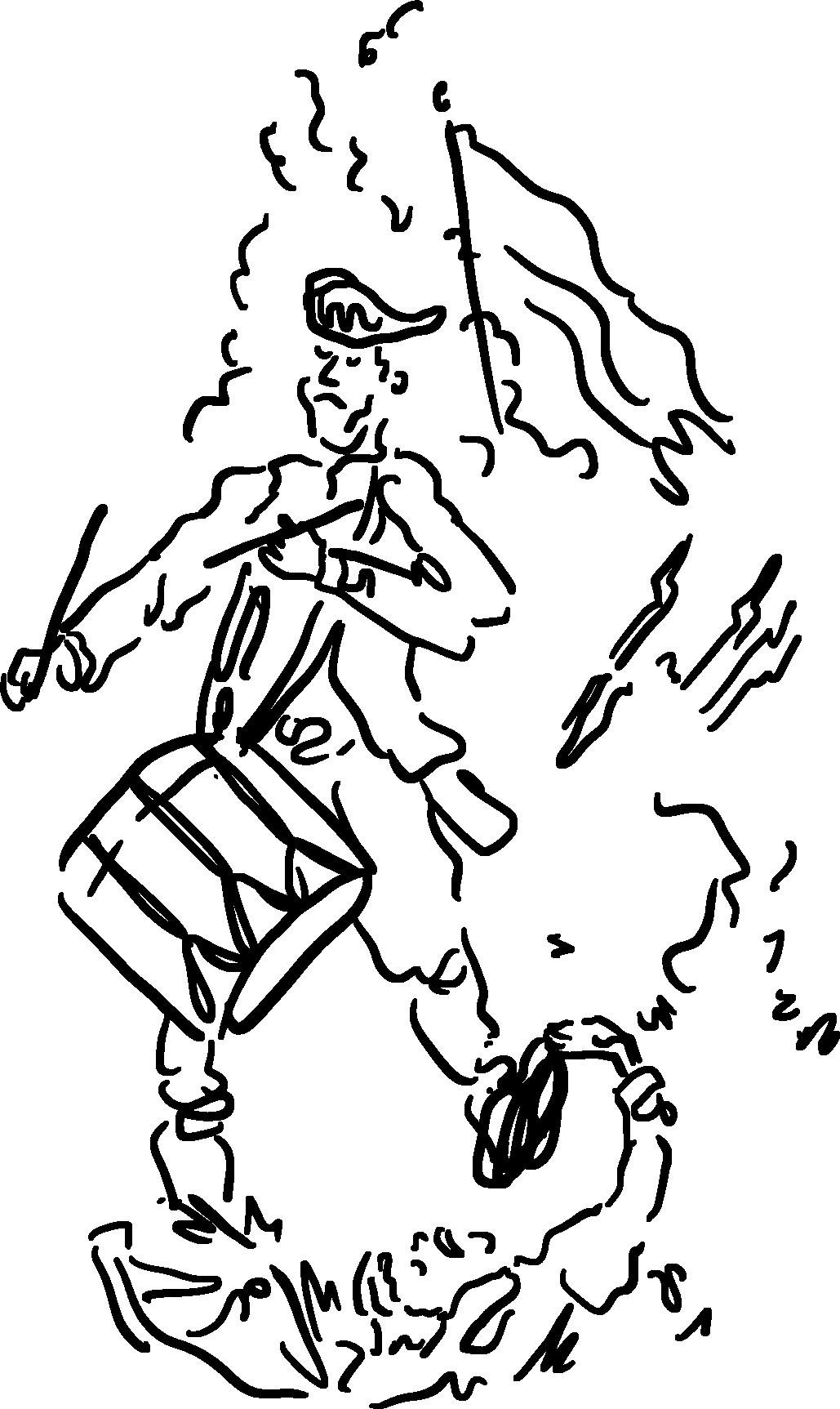
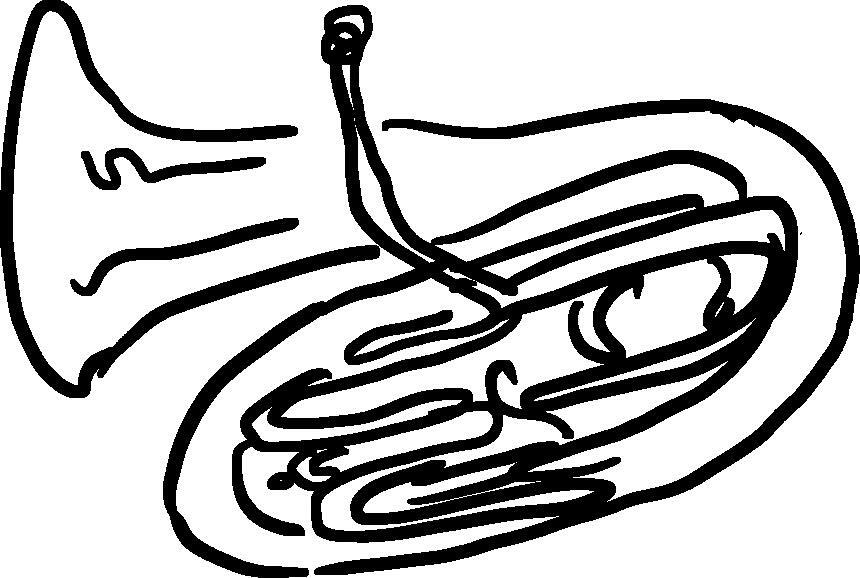
Music had to be loud to be heard across the battlefield, so wind and percussion instruments such as bugles, bagpipes, fifes and drums were used. Some drums can even be mounted on horses!
By the 1900s, bands had expanded their instrumentation to include more instruments like the tuba and saxophone. When not playing on the field, band members performed alternate roles such as entertaining the troops, acting as stretcher bearers and performing guard duties.

Today, military bands no longer play music in battles. Instead, they are seen at special ceremonies and events,

performing a range of repertoire such as the national anthem, patriotic songs, marches and even symphonic music.
The Singapore Armed Forces (SAF) Band and the Singapore Police Force (SPF) Band are some of the nation's military bands.

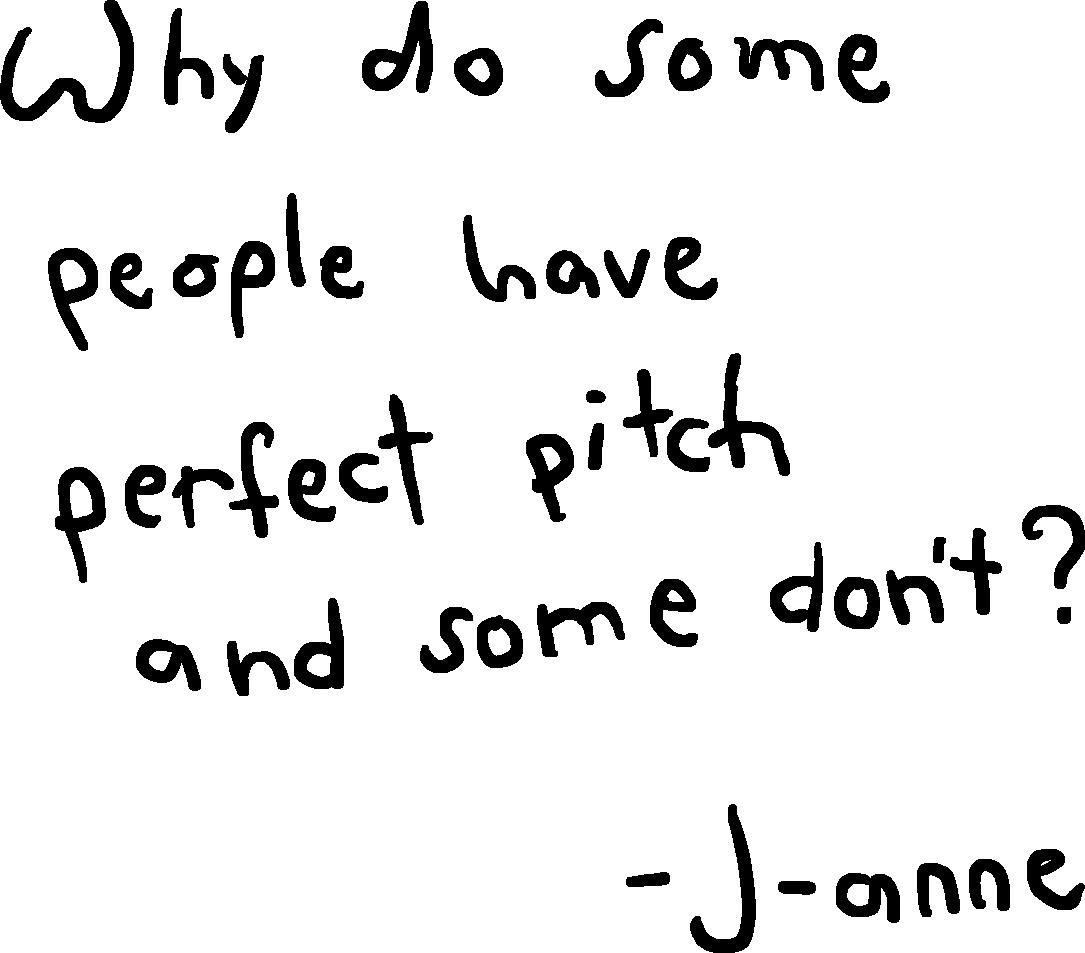
People with perfect pitch are actually hard to come by! Only approximately one in 10,000 of the general population possesses this ability, though it is more common amongst music students, where one in 25 has perfect pitch. There are a few factors why someone might have perfect pitch.
Some studies show that perfect pitch can be honed from a young age through exposure to music, which would explain why there is a higher chance of a music student having perfect pitch.
People with perfect pitch are able to:
• Identify what music note they just heard
• Sing a music note without first hearing a reference note

Not only does early exposure to music help, people who grew up hearing and speaking tonal languages (languages such as Mandarin, where words can be differentiated by the four tones) are able to better sense subtle changes in tone. This is one of the reasons why Mandarin is one of the hardest languages to pick up!
One of my favourite pieces that plays on the four tones of Mandarin is Dr Zechariah Goh's Four Tones.
Listen to the Singapore Symphony Children's Choir's performance of it here!

Having parents with perfect pitch may also help – studies have shown that perfect pitch may run in the family. Likewise, the opposite of perfect pitch, tone deafness (people being unable to differentiate pitches), may also be genetic.
If you don't have perfect pitch, don't give up hope! A higher percentage of people have relative pitch, enabling them to recognise the relationship between two notes (also known as 'intervals') or identify a note simply by listening to another note.
To hone this, here are some forms of ear training you can try:
1. Practise recognising notes by listening to the same note over and over again. Singing the notes you just heard would help too.



2. Familiarise yourself with intervals by listening to several pairs of pitches that have the same interval (for example, if you are training to recognise a major 3rd interval, listen to C and E, and then D and F-sharp, and so on)
3. Listen to chords and chord progressions to recognise patterns
There are also some websites or apps that help with ear training. Good luck!
- Samantha Lim, Community Engagement, SSOIf you have a question about classical music or the workings of an orchestra, send them over to community@sso.org.sg , and it might be answered in the next issue of RhapSSOdy!

On 13 Nov, our audiences were treated to a selection of music from favourite films like Star Wars, The Little Mermaid, Despicable Me and Frozen
Many came dressed as their favourite movie characters and took pictures with presenter Alasdair Malloy and conductor Leonard Tan!

We were joined by Eddy and Brett from TwoSet Violin for a concert on 16 Nov to celebrate their channel hitting 4 million YouTube subscribers.
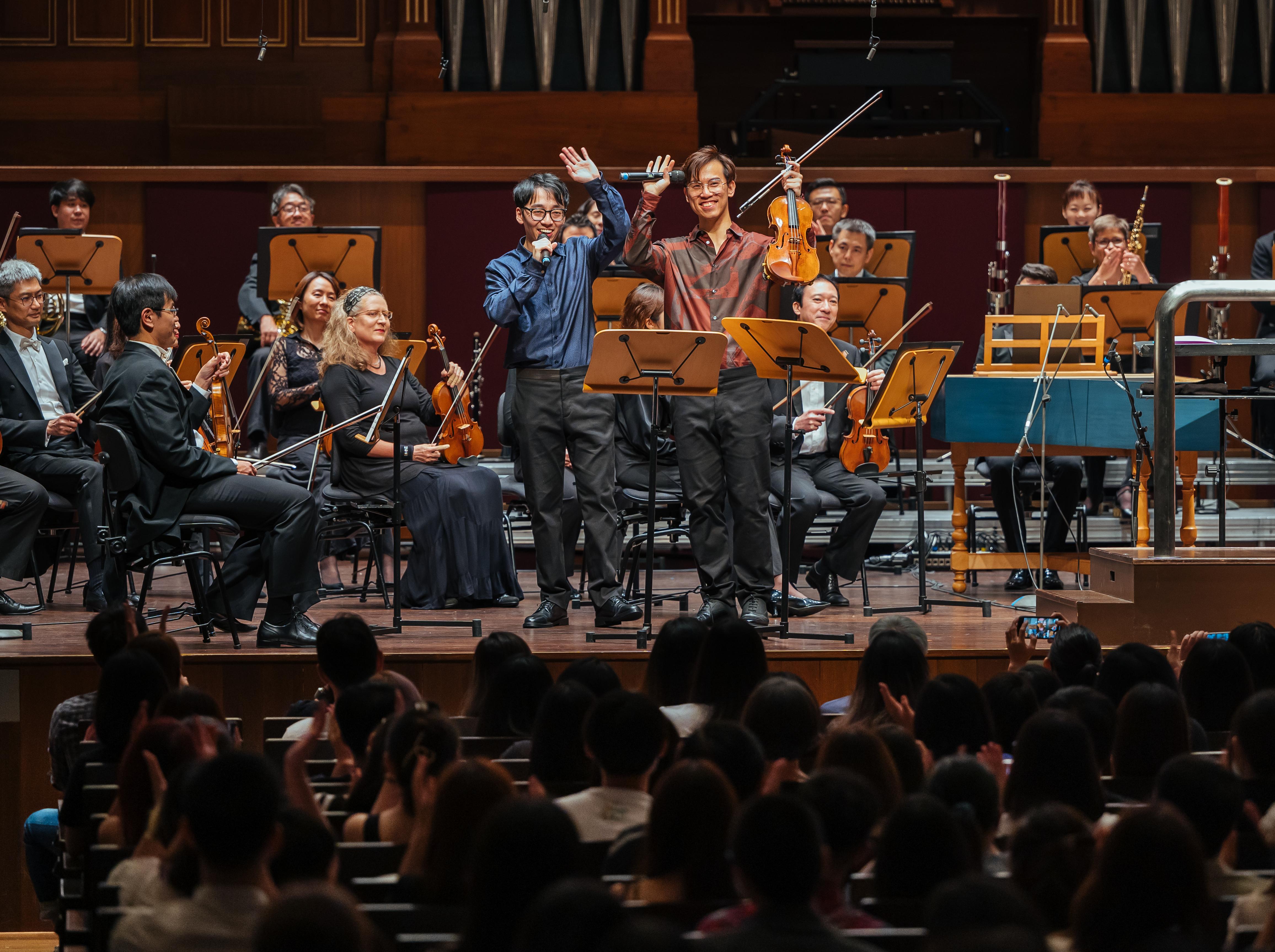
The concert was also livestreamed on YouTube and Facebook – watch it here if you missed it!

SSO Lunchtime Concert
Thu, 9 Mar 2023, 12.30pm
Victoria Concert Hall
SNYO In Concert: Scheherazade

Sat, 11 Mar 2023, 7.30pm
Esplanade Concert Hall
VCHpresents: Intimate Moments: The Tales of Yu Jing
Tue & Wed, 15 & 16 Mar 2023, 7.30pm
Victoria Concert Hall Dance Studio
Mozart 3

Fri & Sat, 31 Mar & 1 Apr 2023, 7.30pm
Victoria Concert Hall
SSO Mother’s Day Concert
Sun, 14 May 2023, 6pm

Shaw Foundation Symphony Stage, Singapore Botanic Gardens
All SSO Concerts are supported by the National Arts Council. Local schools are eligible for up to 50% subsidy from the Totalisator Board Arts Grant.

SSO In Your Community
Fri, 10 Mar 2023, 7.30pm
The Republic Cultural Centre Theatre, Republic Polytechnic
Music in the Meadow
Sun, 12 Mar 2023, 6.30pm
The Meadow, Gardens by the Bay
Concerts for Children: Journey Around the World

Sat & Sun, 18 & 19 Mar 2023, 11am & 2pm
Victoria Concert Hall
Winds Above the Sea –Hans Graf and He Ziyu



Fri, 14 Apr 2023, 7.30pm
Esplanade Concert Hall
VCHpresents: Organ: The Composer and the Mouse
Sat, 17 Jun 2023, 2pm & 5pm
Victoria Concert Hall
For the full listing of concerts and updates, visit sso.org.sg Information is correct at time of print.
For ticketing information and enquiries, email us at ticketing@sso.org.sg